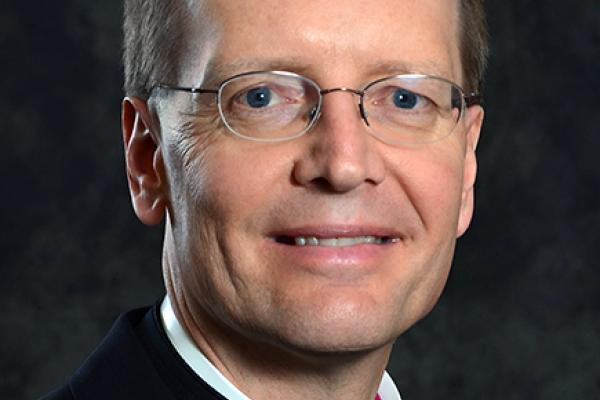Despite numerous controversies over dismissing gay Catholics from church posts and the U.S. hierarchy’s campaign against same-sex marriage, Catholic leaders have carefully, if quietly, avoided doing anything to block gay couples from having their children baptized.
But a move by a bishop in Wisconsin to route all such decisions through his office is raising questions about whether that neutral zone will now become another battleground, and whether the growing acceptance of gay parents will inevitably draw more attention to this practice and force church leaders to establish clearer rules.
The default position for most bishops — reiterated in a major Vatican document released on Thursday — is that if the parents pledge to raise the child Catholic, then no girl or boy should be refused baptism.
Read the Full Article

